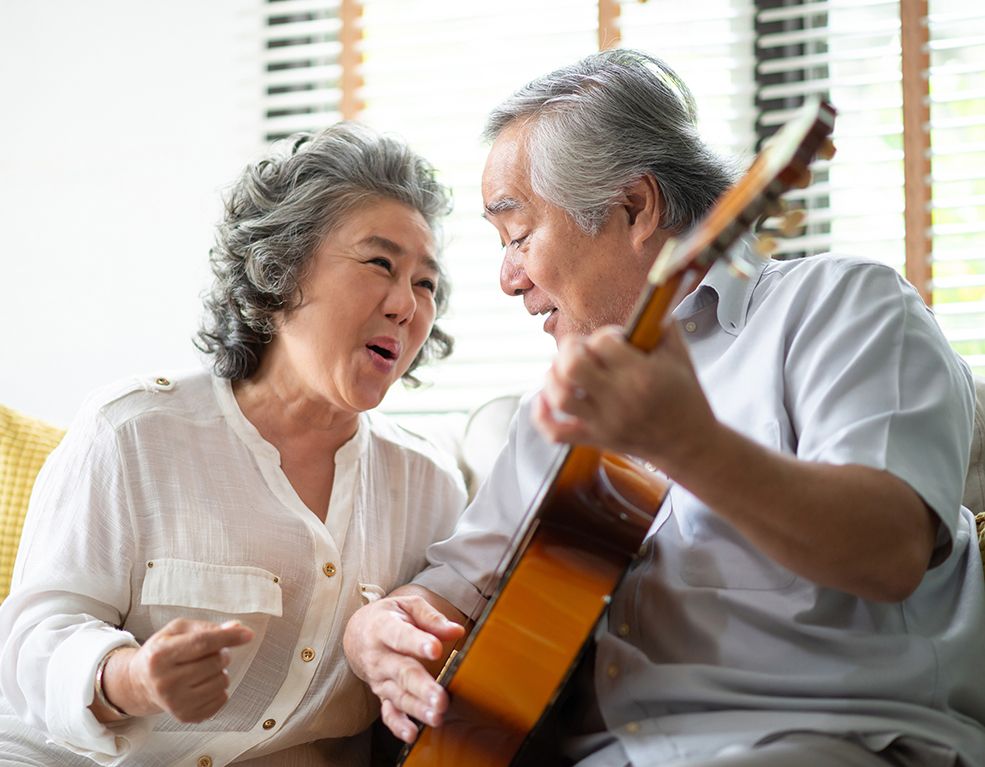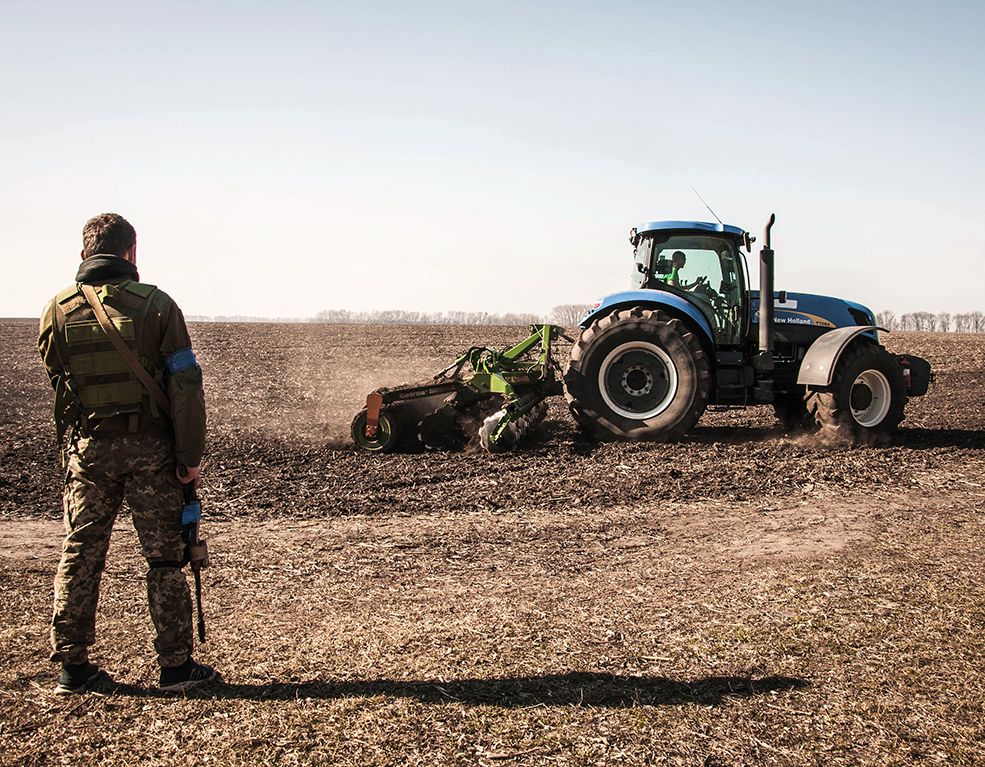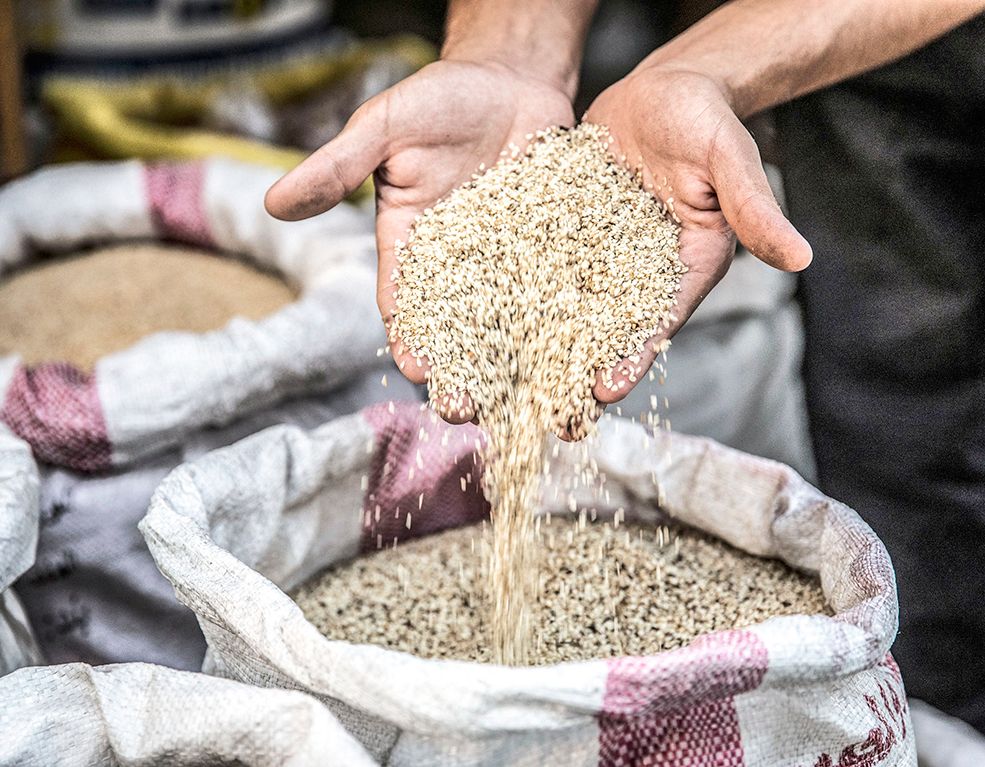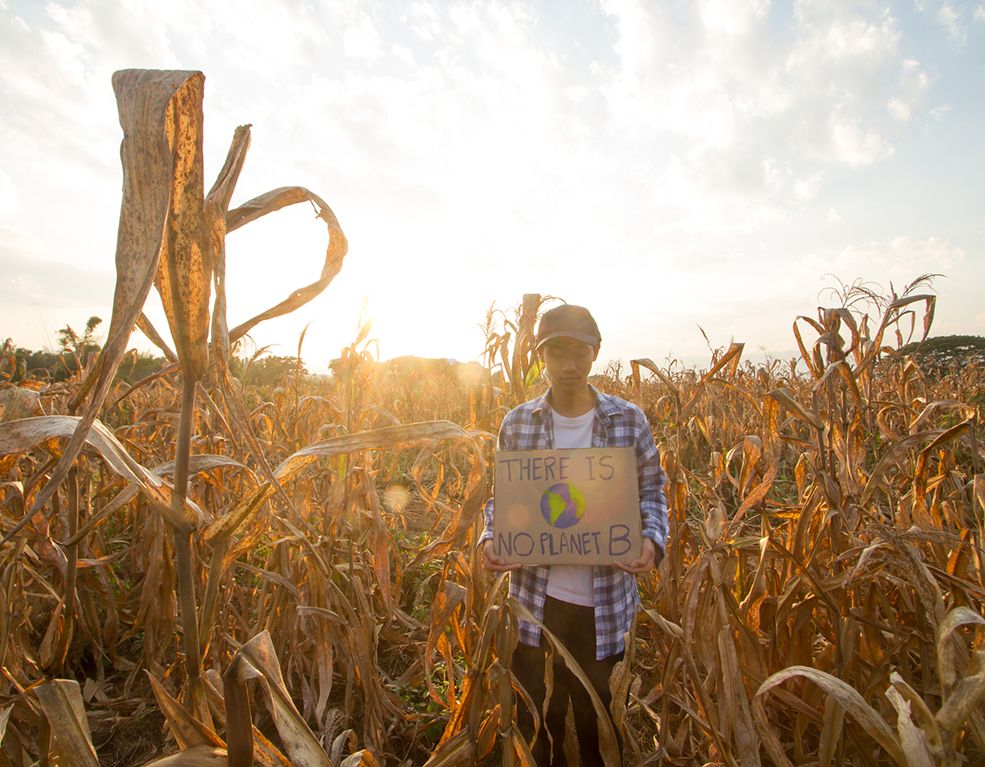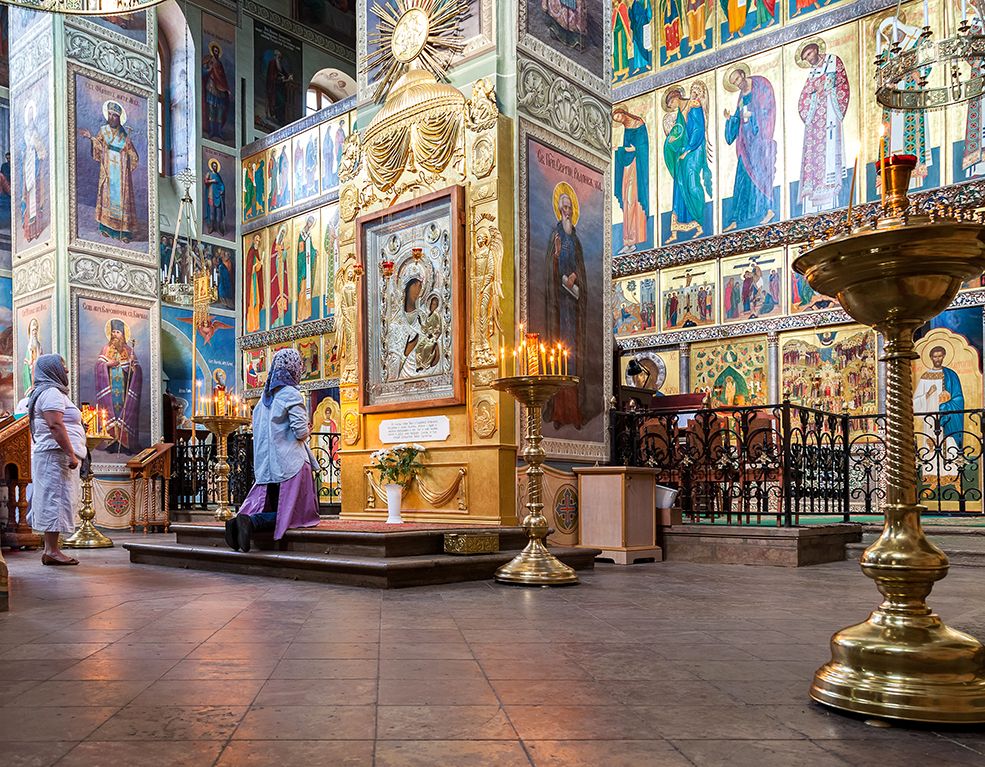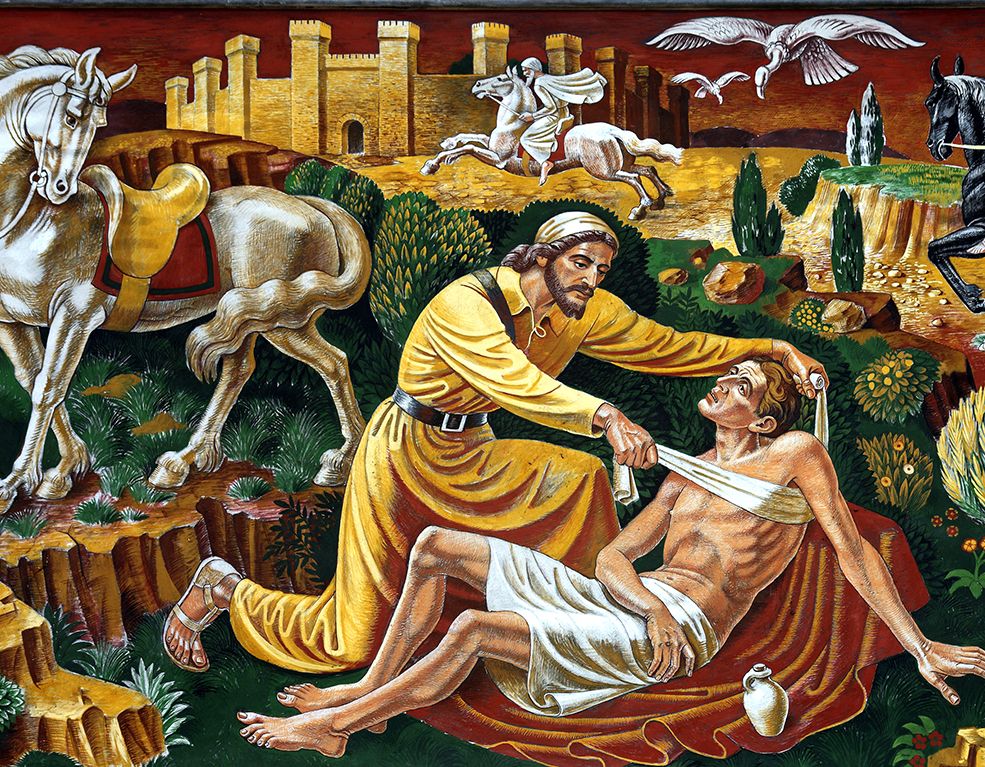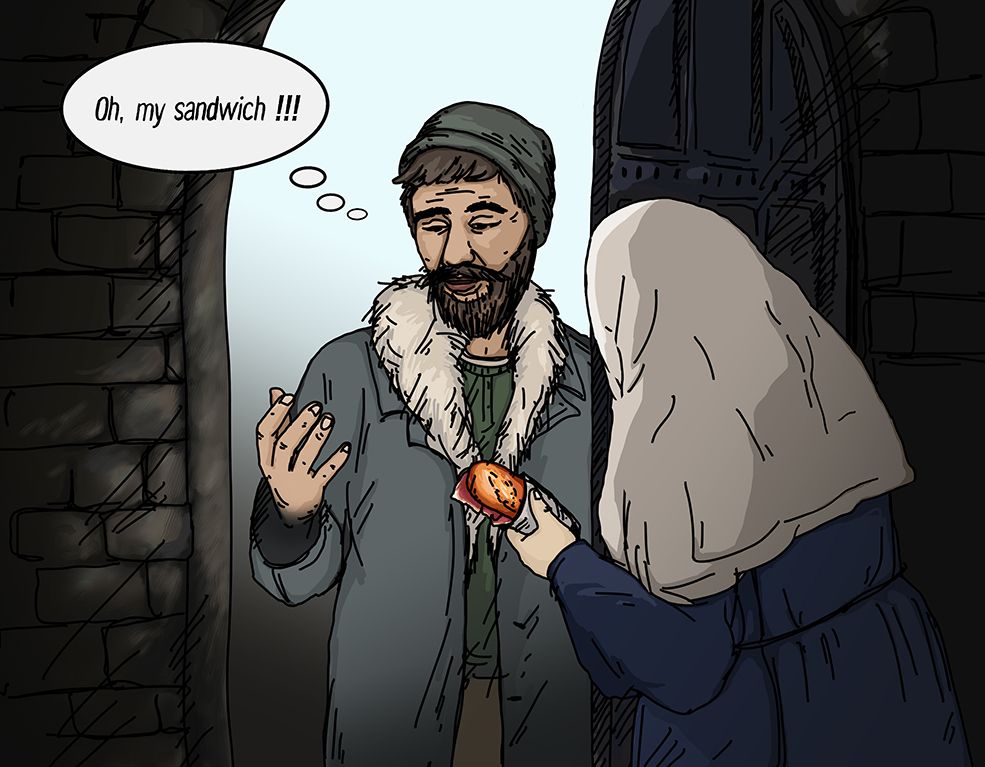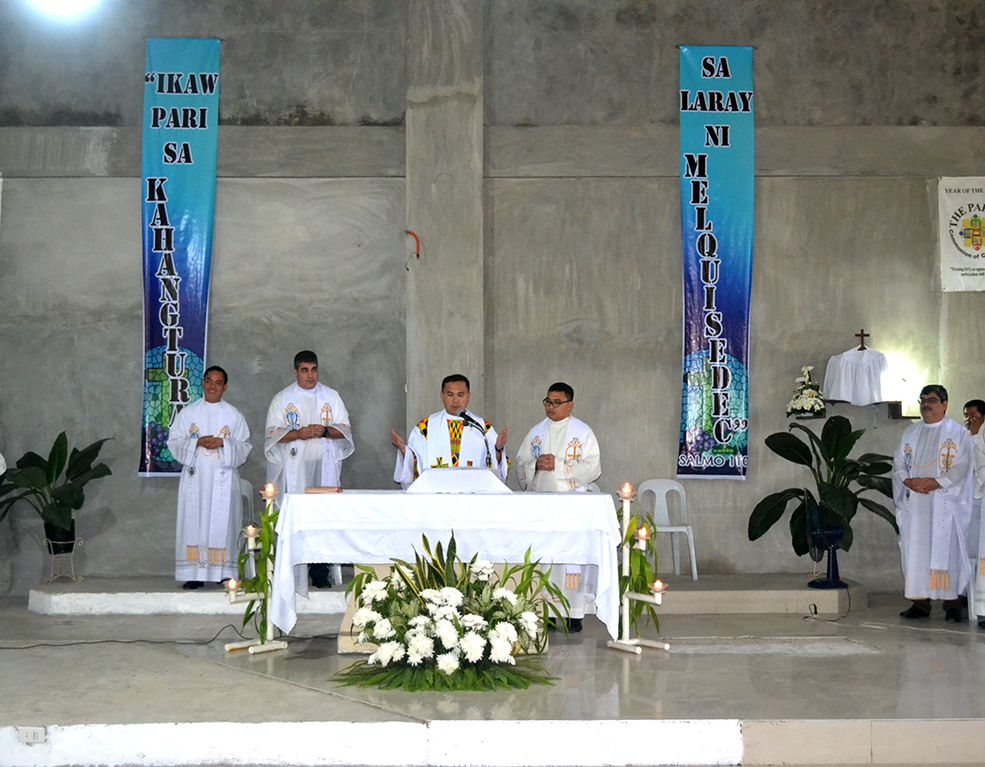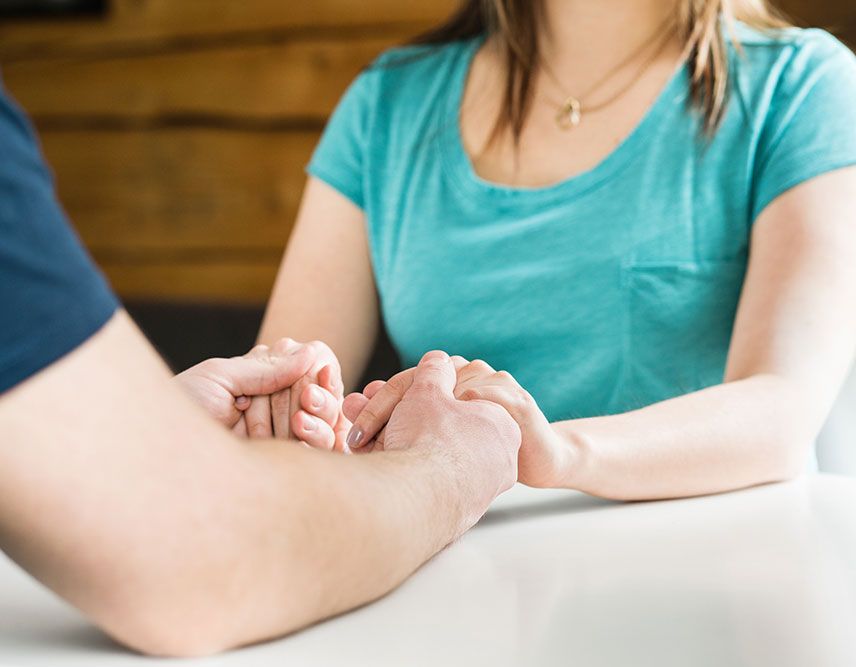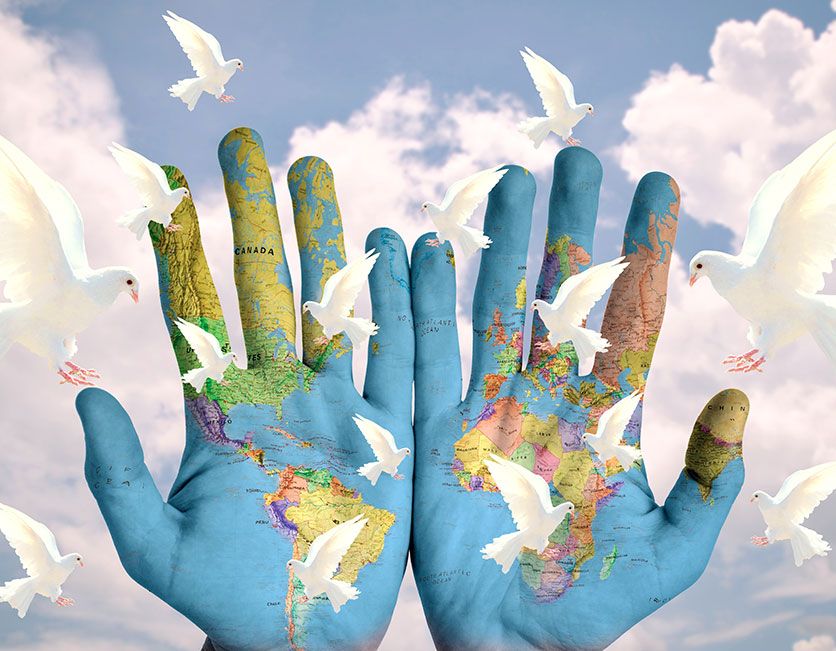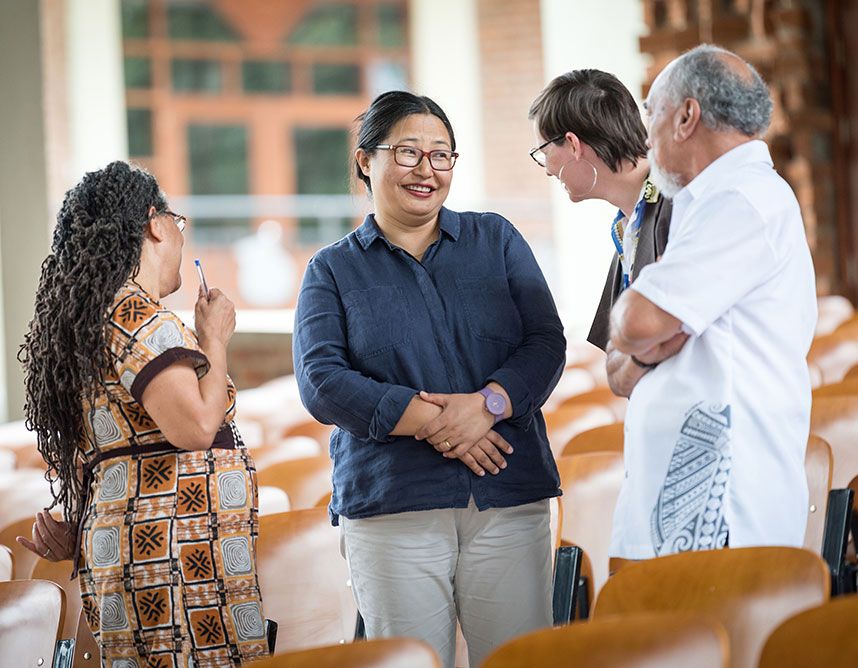According to “The Dignity of Older People and their Mission in the Church and in the World,” a document written by the Pontifical Council for the Laity, “The contribution that older people, by their experience, can make to the process of making our society and culture more human is particularly valuable. Older people bring religious and moral values that represent a rich spiritual endowment for the life of Christian communities, families, and the world.”
Such is certainly true in the pastoral experience of Fr. Crisostomo Magbitang, SDB, parish priest and rector of the National Shrine of Mary Help of Christians Parish in Better Living Subdivision, Parañaque City.
Link To The Past
“Senior citizens in our parish are the community elders we look up to for guidance. They are our historical link to the time when the community and parish were established. They share with us their rich knowledge of the history of the parish and the shrine, the teachings and practices of the early missionaries, and the traditions of the Catholic Church. Older people teach us the importance of anamnesis or remembering the past. History is important because it is part of our faith,” says Fr. Magbitang.
The Salesian priest noted how senior citizens remind us to practice church traditions and meet the standards of Christian living. “Many elderly parishioners promote Christian values through their active participation in the Block Rosary, Legion of Mary, and Apostolado ng Panalangin [Apostleship of Prayer]. They are also members and leaders of our parish livelihood programs.”
According to Fr. Magbitang, elderly parishioners consider the parish as their extended family. “They support the parish through their monetary donations. Their financial support to the parish comes from their pension, savings, or the money that they receive from their children. They also volunteer their time and energy in cleaning the church grounds and maintaining its facilities.”
Adapting To The Pandemic
Adapting to the unprecedented changes brought about by the COVID-19 pandemic has been a challenge for everyone, especially the elderly. “As we grow older, we get used to performing a set of activities daily. Shifting to a new routine can be very difficult for older people,” explains Fr. Magbitang.
At the start of the pandemic, elderly parishioners had difficulty using Zoom and Facebook to hear online masses and novenas, as well as to stay connected with relatives and friends, shares Fr. Magbitang. “But they persevered to learn how to use online platforms, and now attend church meetings, Block Rosary and Christmas parties via Zoom.
They remind us that we should not live in isolation. They always want to talk to people to share their stories and concerns. Their desire for personal interaction is the exact opposite of the culture of isolation that this pandemic promotes.”
However, many elderly parishioners were not content with hearing mass virtually, and wanted to receive the Lord sacramentally, the parish priest shares. “They literally knock on the doors of the church, asking if they could hear mass in person. We open our doors to them and celebrate the sacrament of the Holy Eucharist, of course while complying with health and safety protocols, such as wearing masks and social distancing. We even require some of them to present a medical clearance from their doctor as proof that it’s safe for them to leave their house.”
With the progressive decline in the number of COVID-19 cases and the easing to Alert Level 1 in Metro Manila, Fr. Magbitang expects more elderly parishioners to attend masses in person and participate in church activities. “The parish is currently working with the local government unit and homeowners’ associations in implementing the Philippine Identification System or PhilSys national ID registration. Many senior citizens, even those in wheelchairs, are lining up in the church grounds to register.”
Parish Support For The Elderly
Fr. Magbitang revealed that many older people in their parish are not well-off and struggle to address their basic needs even before the pandemic. Sadly, some lost their jobs or livelihood because of the pandemic; for others, the family breadwinner passed away.
“The parish helps underprivileged elderly parishioners through our livelihood program. We provide them with stalls in our flea market located in the church compound. They can sell food, clothes, shoes, and other items in the stalls. As a token of gratitude, they donate P150 a day to the parish,” says Fr. Magbitang.
Garbed in full PPE, the parish priest performs the sacrament of the Anointing of the Sick for non-COVID-19 elderly patients. “I have visited senior citizens in their homes and hospital ICUs. Although some of them passed away, the bereaved family are thankful that their loved ones were happy and at peace when they returned to God.”
Fr. Magbitang underscores the elderly’s need to be valued and recognized. “They are happy when we greet and thank them. During this pandemic, they enjoy interacting on social media where they exchange birthday greetings, celebrate anniversaries, and so on. When they lose loved ones, we console them. They are always welcome in the parish.”
Religious involvement is one of the positive coping mechanisms among community-dwelling senior citizens in the Philippines, according to “Unmet Needs and Coping Mechanisms Among Community-Dwelling Senior Citizens in the Philippines: A Qualitative Study” in 2019 by Carandang et.al. Senior citizens who were frequent churchgoers reported more extensive social networks and more types of social support received than their less religious counterparts. Some were active in doing bible study as well as singing in a church choir.
“I am an active member of the church,” said a 61-year-old respondent interviewed in the study. “I have a strong network of church friends with whom I can share my problems. Joining bible study with them and singing in a chorus bring joy and add meaning to my life.”

